The ball felt good when it left my hand.
THUNK.
Apparently it wasn’t as good as I thought it was.
The kid at home plate dropped his bat, reached for the middle of his back, and crumbled to the ground in a heap. He started crying immediately. I just stood on the mound while everybody ran to him to make sure he was alright. Starting to get emotional, I saw my uncle walking out to me. “Did you mean to hit him?” he asked. I said no, of course. “I knew that already, because if you meant to hit ‘im you would’ve hit ‘im in the head,” he said as he winked and cracked a smile. I smiled, too, through tears, and understood his point. I didn’t mean to hit him. It was an accident. That’s baseball.
Like any one-handed boy growing-up playing baseball in the late ’80s and early ’90s (that narrows it down some, doesn’t it?), I idolized Jim Abbott. Every morning I flipped to the back of the sports section to see how the Angels were doing and if Jim was pitching soon. I collected every one of his baseball cards and bought the Scholastic book from school. The card shop owner where I purchased most of mine even surprised me one day with an autographed picture of Jim! I still have it all.
I stopped playing once I reached my teens, but still loved the sport and followed Jim. As his career petered out, Jim became a hero of days gone by. A hero I’d still like to meet someday. So, when I heard last year that he was writing a memoir, all those memories returned. I’ve been looking forward to Imperfect and it did not disappoint!
Imperfect is such a well-written book. Jim (and Tim) takes us through his no-hitter with the Yankees in 1993 one inning at a time, interspersed with stories of his childhood, pitching at the University of Michigan, winning a gold medal in the Olympics in 1988, and his professional career. It flows nicely and each part seems necessary. 280 pages, no filler.
Reading Jim’s book was an incredibly interesting experience for me. My lack of a left forearm has never been an issue. Never. It was never something I thought about, it never stopped me from doing anything, I never had horrible experiences of being or feeling like an outcast because of it, I never (consciously) felt like I had to prove anything to anyone because of it…never.
Jim did.
It was eye-opening for me to hear about Jim’s insecurities with his hand. He was very self-conscious and perhaps more self-aware than I ever was growing-up. “I remember points along the way. I remember the faces, the events, the casual observations of classmates. I remember the long stares. And being glad my jeans had pockets. I remember the kids who took one look at me and said, ‘Your hand looks like a foot,’ observations that amused them to no end and yet for me had become a part of te routine. And I remember baseball coming to find me, pulling me along,” he writes. He had a difficult time coming to terms with his physical condition and that was powerful for me because I’ve had such a different experience.
I admire Jim’s vulnerability in Imperfect. He shares his successes and his regrets alike, both with honesty. I was surprised to learn about the situation that led to his departure from the Angels and appreciated his candor in telling how much he wished it had gone differently. And I laughed out-loud when he told about the impression he did when jogging to the dugout during his no-hitter.
The end of chapter 13, though, was my favorite part of Imperfect. In it, he talks about…the kids. “I didn’t see them coming,” he admits. “I didn’t expect the stories they told, or the distance they traveled to tell them, or the desperation revealed in them. They were shy and beautiful, and they were loud and funny, and they were, like me, somehow imperfectly built. And, like me, they had parents nearby, parents who willed themselves to believe that this accident of circumstance or nature was not a life sentence, and that the spirits inside these tiny bodies were greater than the sums of their hands and feet.” Amazing. He goes on to talk about his routine of meeting kids in every city and how it affected him as a person.
I’ll tell you right now that the most difficult part of the book for me was reading Jim’s own recounting of his decline as a pitcher. It was literally painful at times. You can feel the desperation and frustration in his story telling and even though you know how it ends, you want to believe that fastball comes back. It was even worse for me because I’ve grown-up a Brewers fan and that’s where he realized he was done; crummy ol’ County Stadium in Milwaukee. I felt bad that he had such a crappy time in Wisconsin, but…they were really bad at the time.
Lastly, I was intrigued by Jim’s concern for his wife and daughter. “I had accepted my disability. I wasn’t sure if I had the authority – or the courage – to accept a disability for a son or a daughter, too,” he said. He worried about passing on his disability and went so far as to get genetic testing to rule it out. In this way, Jim is much more selfless than I am. I never thought about any of that when my wife and I started having kids. The difference, though, is one of experience, I think. Mine was relatively easy, so it didn’t matter to me. Jim’s was difficult, so he was much more aware and sensitive to it.
As a unique talent, Jim always wished to be known for his ability as a pitcher and not as a “one-armed pitcher.” He desired normalcy, though came to realize that his normal, though different than others’, was and is just as important; if not moreso. I love one of Jim’s conclusions as the result of his no-hitter: “In homes from Anaheim to Baltimore, in places where children wished only to be normal, to fit in, maybe the world took another step toward them, not away,” he says.
There is no doubt, Jim Abbott has made the world a better place. Not just because he threw a no-hitter, but because of the man he was and is.
Thanks, Jim.
(Join the LOH Facebook community and follow on Twitter, too!)







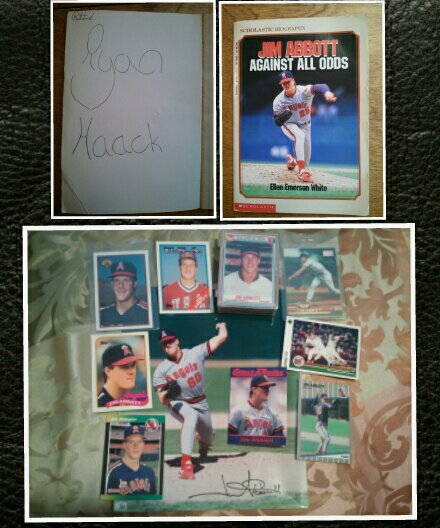
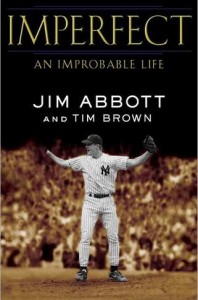






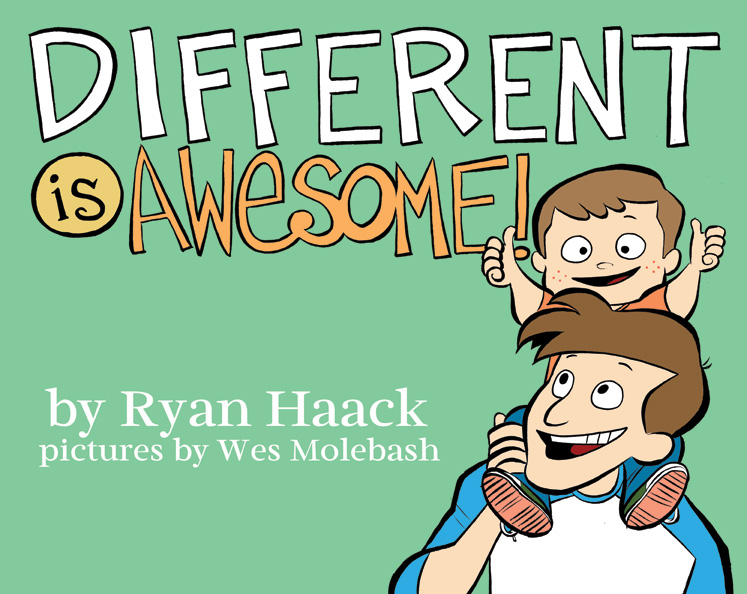

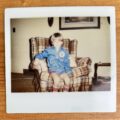




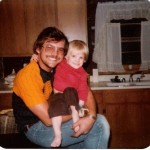
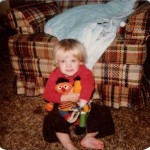
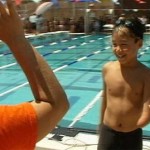
Ryan, why do you think you and Jim had such different experiences? Do you think it was your environment or just your personalities? Also, how significant was his success on your confidence, etc…?
Thanks, Ryan .. yes, our boyhood heroes have their fallabilities and hurts too.
We are all made differently .. and I praise Our Lord for you both.